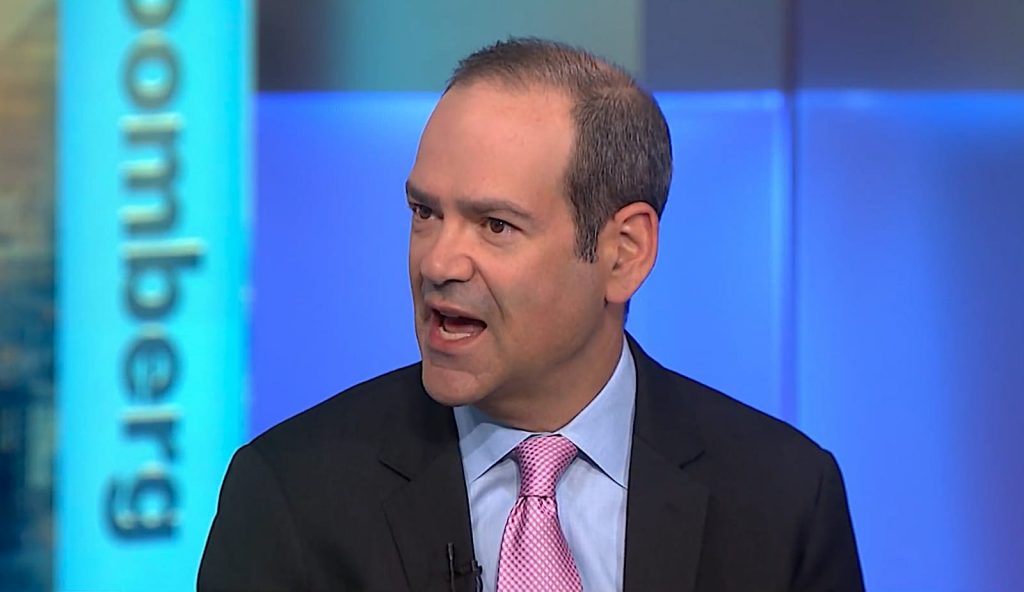Mail-in voting will be used to determine the fate of a critical proposal to decide how the United Auto Workers top officers will be elected in the future, according to the union.

UAW leaders recently signed a directive sent out to all the union’s 600 Local chapters, asking them to update the home addresses of the UAW’s 400,000 active members, who will have a chance to vote on the referendum.
The lists are supposed to be updated by July 28. While the memorandum has circulated on social media not all of the locals have asked for the updated address of their members.
“I keep looking in my mailbox, but I haven’t seen anything yet,” said Scott Houldielson, one of the leaders for UAWD, a reform-minded caucus pushing for direct election of the union’s top officers and a member of UAW Local 551 in Chicago.
Houldielson said a mail in vote will make it easier for union members to vote. “It’s more convenient They won’t have to go to the union hall,” he said.
Election rules in hands of independent monitor
The monitor appointed by the U.S. District Court for the Eastern District of Michigan, Neil Barofsky, has not indicated when the actual referendum ballots will be mailed out to UAW members. The court order setting out the duties of the monitor specifies the balloting should be completed by Nov. 12.

The votes will be counted by an independent third party instead of union officials. The cost of the elections and monitor will be paid by for by the UAW under the terms of the court agreement.
The agreement appointing a monitor was part of a settlement of a racketeering lawsuit brought against the UAW by the U.S. Department of Justice in 2020.
The racketeering lawsuit followed a six-year investigation of the UAW by agents from the FBI, Department of Labor and Internal Revenue Service. The probe resulted in criminal charges against a dozen UAW officials, including the then-current and former UAW presidents Gary Jones and Dennis Williams, as well as two UAW vice presidents.
Rooting out corruption
Federal prosecutors said the investigation uncovered a culture of corruption that had been allowed to fester inside the union’s top echelon.
Despite moving ahead with the mail-in voting, Barofsky has not laid out any plans for curbing the influence of the union’s administrative caucus.
Mail-in voting, where every union member is sent a ballot to his home, has been a feature of Teamster elections, including crucial ratification votes, since the Department of Justice forced the union to accept the changes in the wake of its lengthy investigation of that union more than a decade ago. The reforms have been critical to helping the union break organized crime’s grip on the Teamsters, observers note.







